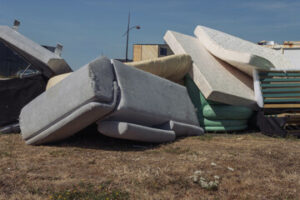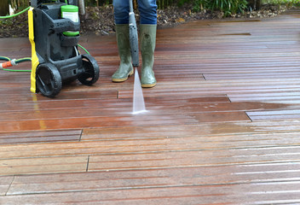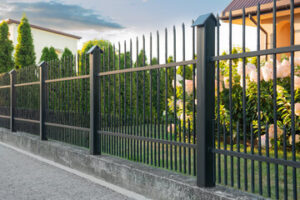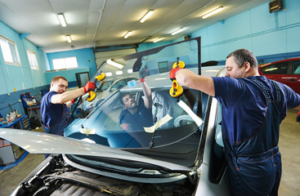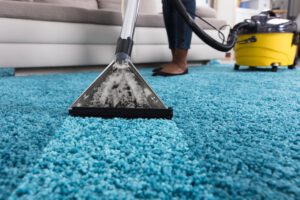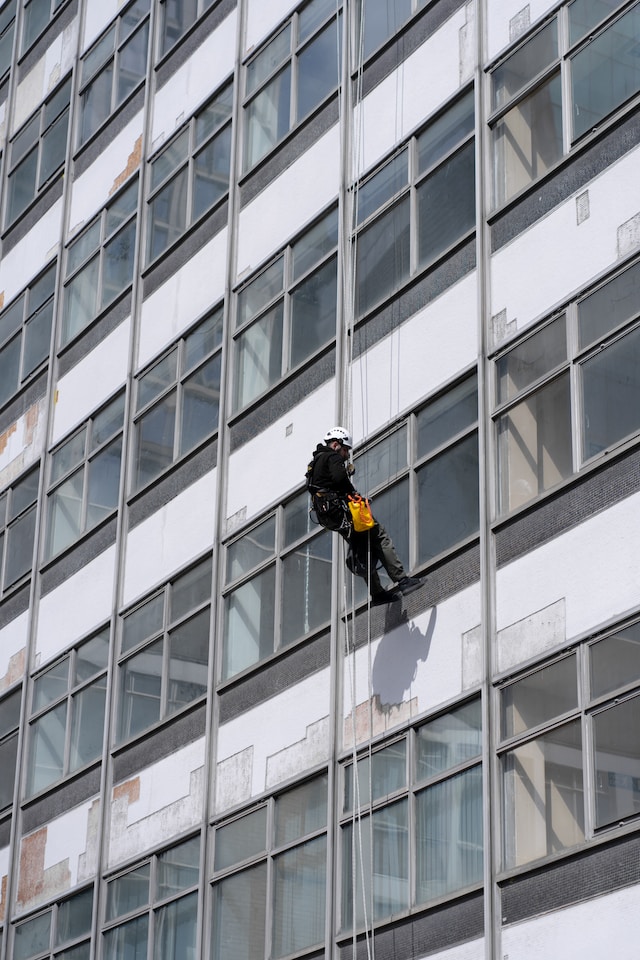Professionals use various Window Cleaning Sarasota methods to keep windows and other glass surfaces sparkling clean. They also can get at areas that homeowners can’t, including cobwebs and mud. Start by sweeping away loose dirt and dust, then spray the window with cleaner. Wipe it down with a dry, lint-free towel (ideally a microfiber cloth). Start in the corner on one side and wipe in even horizontal strokes.

Pressure washing, also known as power washing, is a cleaning method that uses water under high-pressure. There are different nozzle options that can remove stains from various surfaces, and the water pressure can be adjusted to restrict or loosen it, Popular Mechanics notes. However, if not used correctly, this process can damage the surface of your home or building. It is best to leave this type of cleaning to a professional who can use the right amount of pressure and detergent to ensure your exterior is cleaned without any damage. Window Genie offers professional pressure washing and can help restore the look of your home. They can also provide gutter cleaning services and other cleaning and maintenance work. Call to find out more about their rates and scheduling.
Soft Washing
Soft Washing is the use of low pressure washing combined with a solution of chemicals to clean housing surfaces such as paint, gutters and even roofs. It is a very effective cleaning method for removing dirt, mildew, mould and algae from the exterior of your home. Unlike power washing which uses high water pressure to blast away grime, the low pressure washing technique is used in combination with a mixture of biodegradable disinfecting cleaning solutions including algaecides, bleach and surfactants.
This combination is then sprayed onto the surface of your property using a soft washing nozzle attached to a low-pressure washer. This nozzle has an adjustable tip, from pencil spray to fan spray, so the cleaner can be directed precisely where it is needed. Most professional exterior cleaning companies will have dedicated soft wash systems and specialised nozzles that will work at different water pressures to ensure the best results for your home.
When the cleaner is applied, it is allowed to sit for a few minutes before being gently washed with the soft nozzle. The low pressure of the nozzle will help to prevent damage, especially on painted surfaces and coatings on your roof. The soft water is also able to reach areas of your roof that are difficult, or unsafe, to access with a high-intensity power washer.
Soft washing is an ideal choice for many homeowners as it is less likely to cause damage, while still giving your home a thorough clean. It can also be safer for delicate surfaces such as glass doors and windows, or any areas where you have potted plants or furniture that you want to keep secure. If you would like to learn more about the difference between soft washing and pressure washing, contact a company that specialises in exterior cleaning services in your area today.
Power Washing
Power washing is a quicker and more effective way to clean exterior surfaces than by scrubbing them by hand. A detergent is applied to the surface first, and then a safe yet appropriate amount of water pressure is used to rinse away dirt, grime, mold, mildew, or other contaminants. The pressure of the water can also be used to lift stains and discoloration from your gutters, decks, driveways, and other outdoor areas.
It is important to always wear safety glasses and gloves when using a power washer. These machines can be dangerous, and the high-pressure spray from them can lacerate arms and legs, blind you, or harm small animals and living plants. It is also important to examine the area to be power washed before beginning. Make sure all pipes and fittings are closed and that there are no loose items that could be damaged by the powerful jets of water. It is also recommended to wash large surfaces one section at a time instead of trying to do the entire house at once. This allows the dirty water to flow down, avoiding dripping on sections that have already been cleaned.
Squeegeeing
A squeegee is a simple tool, but it’s one of the most important tools for professional window cleaners. It can be used to remove water, cleaning solution, or even dust from a window and leaves behind a smooth surface.
It was first developed as a tool for professional window cleaners when skyscrapers and tall apartment buildings started appearing in the 20th century. These large structures made it difficult for window washers to reach high windows and clean them efficiently using rags. A smart inventor developed the squeegee by adding a long handle and a heavy rubber blade that easily removed dirt from large windows. This allowed window cleaning to be performed faster and more effectively.
Today, squeegeeing is a vital part of every commercial window washing job. It is the fastest way to clean a window and it can produce a streak free shine. Achieving a perfect window with a squeegee requires the right tools, perfected technique, and attention to detail. A professional cleaning company will ensure that all windows are cleaned with the correct techniques to achieve a sparkling finish.
In addition to a traditional squeegee, it is also a good idea to have a microfiber cleaning cloth on hand to quickly remove any remaining water from a window sill or frame after squeegeing. Some of these cleaning cloths can absorb up to six times their weight in water and can make the task much easier and more efficient.
A quality squeegee can be made from stainless steel, aluminum or a rubber and plastic combination and features a handle with a squeegee slot at the bottom. This allows the user to attach a wide variety of squeegee blades, depending on the application. The squeegee slot also serves to protect the squeegee blade from the elements.
An additional feature of some squeegees is that they come with a built-in sprayer in the handle, which can be filled with cleaning solution or water for use on windshields. Some automotive squeegees are also available with a scrubbing pad that can be used to remove hard-water stains and mineral deposits, as well as bug and bird droppings from the outside of vehicles.
